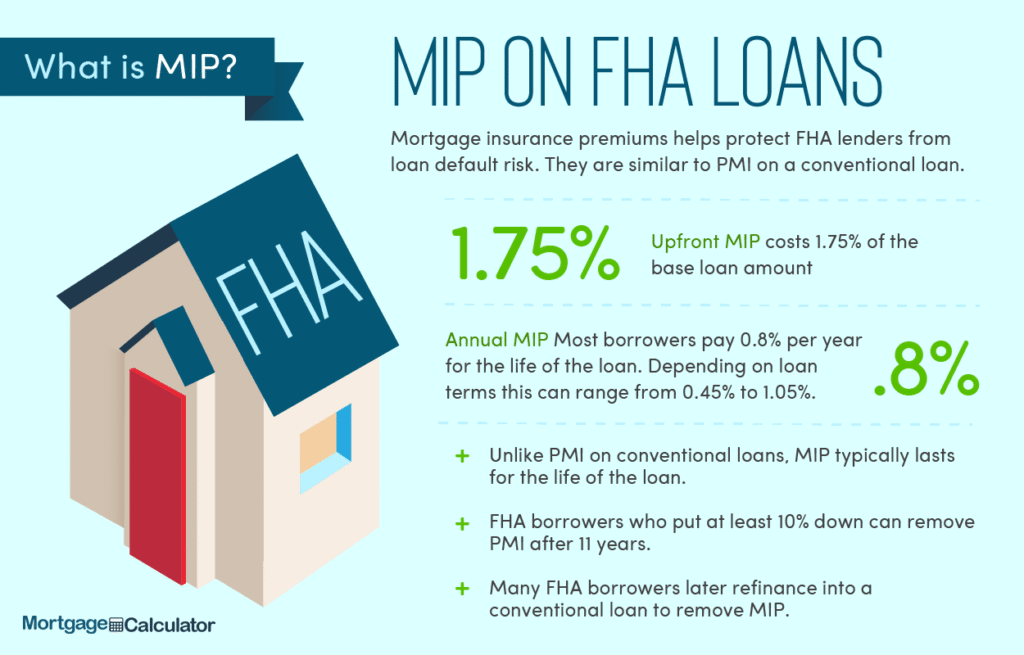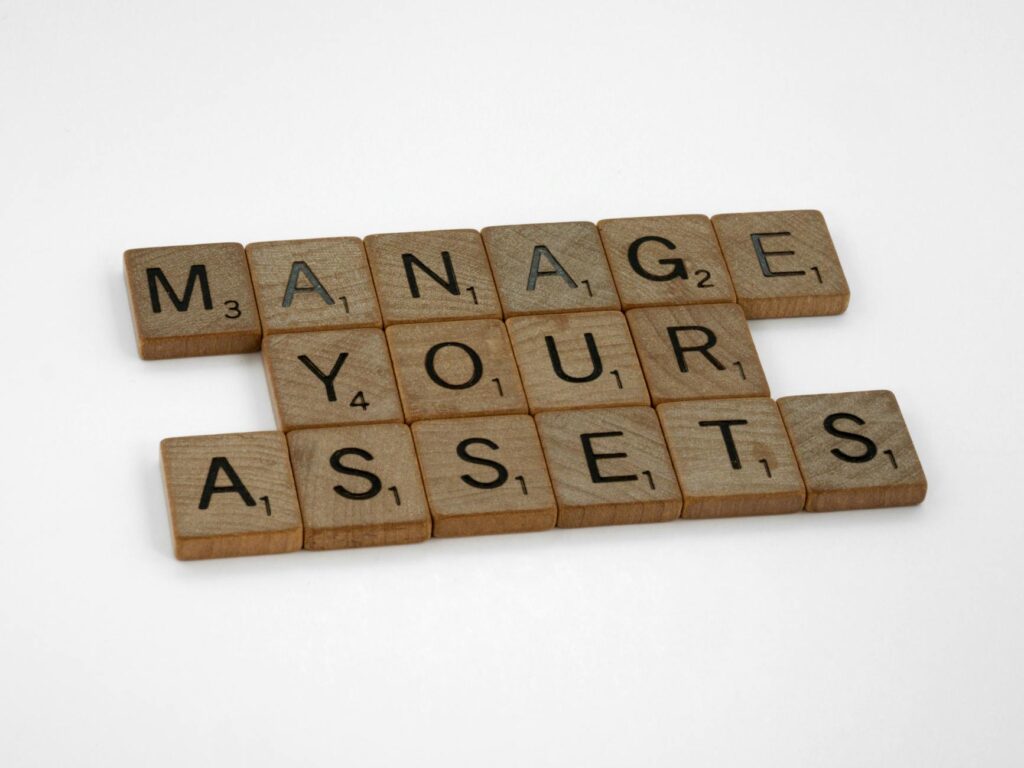Are you feeling overwhelmed by multiple debts? Do you dream of a simpler financial life, free from the constant worry of juggling payments? Debt consolidation might be the answer you’re looking for. This comprehensive guide will walk you through everything you need to know about debt consolidation programs.
Understanding Debt Consolidation
Debt consolidation involves combining multiple debts into a single, more manageable payment. This can simplify your finances and potentially lower your monthly payments, depending on the interest rate of your new loan. There are several ways to consolidate debt, each with its own advantages and disadvantages. 
Types of Debt Consolidation Programs
There are several ways to consolidate your debt. You can explore options such as balance transfer credit cards, personal loans, home equity loans, or debt management plans (DMPs) offered by credit counseling agencies. Learn more about choosing the right program for your needs.
How Debt Consolidation Can Benefit You
The benefits of debt consolidation can be significant. A lower monthly payment can free up cash flow for other priorities. Simplified payment management reduces stress and improves financial organization. Furthermore, consolidating high-interest debts into a lower-interest loan can lead to significant savings over time. [IMAGE_2_HERE]
Potential Downsides of Debt Consolidation
While debt consolidation offers many advantages, it’s crucial to be aware of potential drawbacks. For example, some consolidation options, such as home equity loans, put your home at risk if you default on the loan. It is also important to carefully compare interest rates and fees before deciding on a program. Read more about the potential risks involved.
Finding a Reputable Debt Consolidation Provider
Choosing the right provider is critical for a successful debt consolidation experience. Look for companies with a solid reputation, transparent fees, and positive customer reviews. It’s also advisable to check the Better Business Bureau and compare multiple offers before making a decision.
The Application Process
The application process typically involves providing financial information, such as your income, debts, and credit score. Be prepared to answer questions about your financial history and provide supporting documentation. The approval process can vary depending on the lender and your individual circumstances. [IMAGE_3_HERE]
Managing Your Debt After Consolidation
Once your debts are consolidated, it’s crucial to stick to your new budget and payment plan. Creating a realistic budget and tracking your expenses can help you avoid future debt accumulation. Consider using budgeting apps or seeking advice from a financial advisor to help you manage your finances effectively. Get tips for successful debt management.
Debt Consolidation: A Path to Financial Freedom
Debt consolidation can be a powerful tool to take control of your finances and achieve financial freedom. By understanding the various options, carefully evaluating the potential benefits and drawbacks, and choosing a reputable provider, you can effectively manage your debts and create a more secure financial future. Find a financial advisor near you.
Frequently Asked Questions
What is the best type of debt consolidation program? The best program depends on your individual financial situation. Factors such as your credit score, the amount of debt, and the interest rates available will influence your choice.
How long does the debt consolidation process take? The application and approval process can vary but typically takes several weeks. It’s important to be patient and follow up regularly with the lender.
What if I miss a payment after debt consolidation? Missing payments can negatively impact your credit score and potentially lead to additional fees or penalties. Always strive to make your payments on time.
Can debt consolidation help improve my credit score? While it may not directly improve your credit score immediately, on-time payments after consolidation can demonstrate responsible financial behavior, which can gradually improve your score over time. Learn more about credit score improvement.


